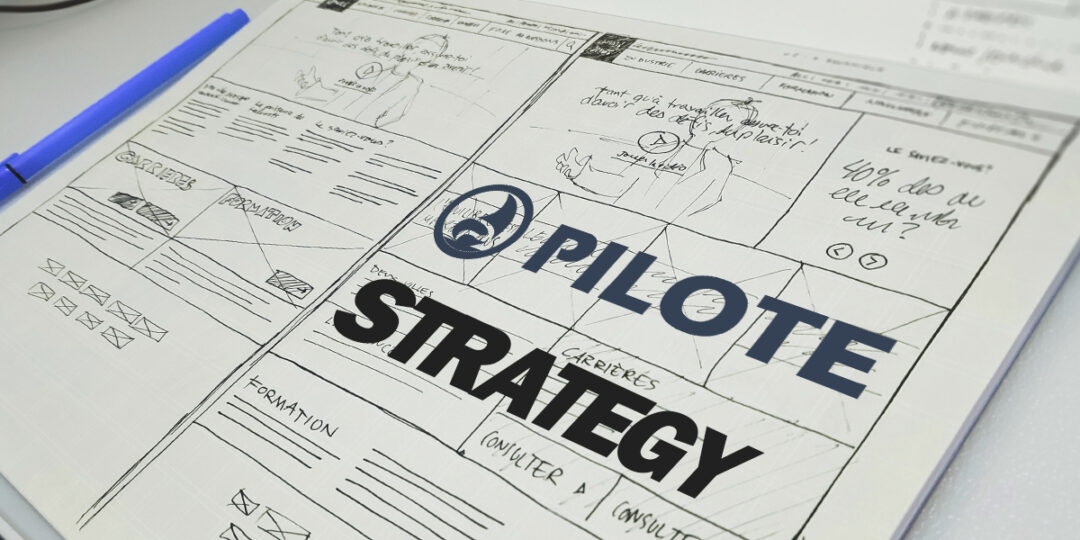I recently commented on a thread on Linkedin. The original post outlined a series of steps to launch a start-up in 15 days. There are a lot of comments, and I’m not going to unpack each of the steps… instead I am going to focus on what was missing – the word strategy.
Here is some of the thread…
To be honest, at 31 years old – and this might be a reflection on me- I still have no idea what strategy in business even means. I just know anything we are doing in business is a way to save time, save costs, or grow revenues. Or to build things. Especially to achieve above. Is this an overly simplistic thinking? Happy to hear more.
Prateek Sanjay, Post Author
Think of the great sporting teams. The winners have strategy or a game-plan. They don’t just hire the best coaches and players and hope it all works out. They analyse their competition. They understand their strengths and weaknesses. They have playbooks and knowledge from experience.
Some people think that a business strategy needs to be a 100 page document that is poured over by $1000 a day consultants, but it really doesn’t have to be – it can be a few bullet points as long as it’s written down and understood by all who are executing it.
Why do you Need a Strategy in Business?
To Allocate Scarce Resources
Project managers know that there is a relationship between price, speed and quality. You can only have 2 out of 3. If you want to fast and be good, it will be expensive. If you want to be cheap and good, then it will be slower.
- Are you positioning yourself as luxury or budget?
- Are you high volume low margin or low volume high margin?
- What is the mix of time and money on owned, paid and earned media?
- Do you outsource or get it done in-house?
- Do you launch one market at a time or all at once?
- What is your revenue model? (Subscription? Freemium? Advertising? ICO?)
Each answer to these questions is a decision. The impact of those decisions allocates resources one way or another.
To Be in Control and Protect against Risk
It’s expensive to react, especially if you have to react quickly. That’s not to say that strategies shouldn’t be flexible and companies shouldn’t be agile, but it’s better to control the game.
It’s almost a cliché, but if you fail to plan, plan to fail. Recent supply chain issues have highlighted the risks of sacrificing redundancy for efficiency. There are tools that strategy consultants use – like Scenario Planning, but you can ask some simple questions like…
- What events would have the largest impact on my business?
- What if my costs increase 20%?
- What if demand is 20% higher than expected?
- What if my competitor discounts the price by 50%?
- What if a new technology makes mine redundant?
- What if my only marketing channel changes its rules or disappears?
- How likely is it that those events will happen?
- What are the edge cases?
Your strategy may be to do nothing. For example, you might determine that the Metaverse will have a large impact on your business, but not right now and so the best strategy is to review trends in the metaverse and revisit your strategy every 3 months.
The Old Man Lesson
I’ve written about this in other places. It’s actually faster to make a plan than fail fast.. Think about how many YouTube videos there are with the title ‘10 Things I wish I had known before… ‘
The old man lesson is one I learned while on a management training course. A turn-by-turn simulation game had a choice to be made at the beginning… head off into the dessert or lose a day and pay the old man in the village for his advice.
The man’s advice – There is a dust storm every 3 days. If you are travelling during the storm, you will lose half your food and any treasures you have accumulated.
So if you waited a day and paid for advice, you could make a plan to stop every 3 days and never get caught in the storm. The alternative is to go fast, go cheap but increase the risk of failure.
The moral of the story. Pay for advice – whether that be in the form of time spent with a mentor or a percentage of the company to a Non-Executive Director or for coaching.





No Comments